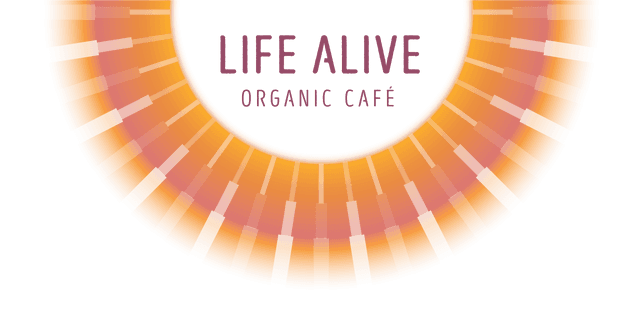Ever find yourself uplifted after a really nourishing meal? There’s a scientific reason behind it. Food quite literally can affect your mood!
Curious about how to power your body and also positively impact your mood? We’re breaking down everything you need to know about the food-mood connection so you can live deliciously and live well.
The Science Behind Food and Mood
Besides providing your body with the nutrition and fuel it needs to thrive, eating also allows two mood-boosting instances to occur. First, we get a boost of energy from macro and micronutrients that the brain needs to function. Every bite of protein, carbs, fat, B vitamins, magnesium, iron, vitamin C and more all help contribute. Beyond that, when we eat, we experience pleasure throughout all five senses. From the burst of flavor on our taste buds to the stimulation of our digestive tract, parts of your brain are activating to release mood-boosting neurotransmitters like dopamine, which helps us feel emotions like pleasure.
There is also a strong connection between your gut and your brain, which can also help support a good mood. Often referred to as our second brain, the gut contains billions of “good” bacteria that support bodily functions and communicate with the brain—a concept also known as the “gut-brain connection". When these good bacteria aid in digestion, they protect the gut from inflammation and poor communication with the brain. This is especially true in the case of serotonin, a major neurotransmitter that regulates sleep and mood. 95% of all serotonin is produced in the gut. That means that in a healthy belly, these neurotransmitters will signal the millions of neurons in your gut, which then communicate with your brain to regulate your emotions.
Our Tips for Incorporating Good Mood Food:
Opt for a whole, minimally processed diet that is rich in protein and fiber and low in processed ingredients to maximize your intake of nutrients that boost your mood.
Lean into a color-rich, plant-forward diet, which naturally includes more mood-boosting foods.
Cut back on foods with links to depression, such as processed, highly refined foods with little fiber, processed vegetable oils, artificial sweeteners or added sugars.
Incorporate foods that are known to reduce inflammation like ginger, turmeric, black pepper and flaxseed. And be mindful of foods high in sugar, refined flour or saturated fats that activate inflammation, which is strongly linked to low energy and feeling blue.
Our 9 Favorite Good Mood Foods:
1. Leafy Greens
Greens like kale, spinach, chard and arugula contain B vitamins and particularly high levels of B9 (folate), which produce dopamine and improve neurotransmitter function.

2. Lentils
Containing B vitamins and particularly high levels of B9 (folate), lentils also help produce dopamine and improve neurotransmitter function.

3. Mushrooms
Fungi of all different kinds, from shiitake to oyster, are nutrient rich, including vitamins, antioxidants and amino acids that help reduce oxidative stress which can have a positive impact on mood and mental wellbeing.

4. Whole Grains and Complex Carbs
Oats, brown rice, quinoa, beans, sweet potatoes, butternut squash are all foods associated with increased serotonin.

5. Fruit and Veggies
Fruit and vegetables are directly correlated to improved mood. Favorites like apples, broccoli, carrots, beets and so much more often contain high levels of antioxidants which protect the brain from free radicals (compounds that are associated with higher risk of disease and are a factor in the aging process).

6. Fatty Acid-Rich Foods
The fatty acids in foods like salmon, nuts and seeds help support brain function and are correlated with alleviation of depression and anxiety.

7. Magnesium-Rich Foods
Cocoa, dark chocolate, beans, and legumes are all excellent sources of magnesium. Designed to help block the activity of more stimulating neurotransmitters and enhance calming receptors, Magnesium contributes to a more peaceful, resting state. It also helps regulate the release of stress hormones like cortisol, which acts like the brake on your body's nervous system.

8. Probiotic-Rich Foods
The probiotics found in fermented foods like yogurt, kimchi, kefir, sauerkraut, miso, and kombucha help nourish your gut with live, beneficial bacteria. These bacteria contribute to maintaining a balanced gut microbiome, supporting digestion, reducing inflammation and improving communication with the brain. When our gut is thriving, serotonin production increases and our overall mood gets a natural boost.

9. Adaptogens
Herbs, roots and other plants like maca, ginseng, mushrooms and ashwagandha can help your body respond better to stress, anxiety and fatigue by managing both physical and mental stressors. Most adaptogens can be added to food or beverages or be taken as tinctures.




